
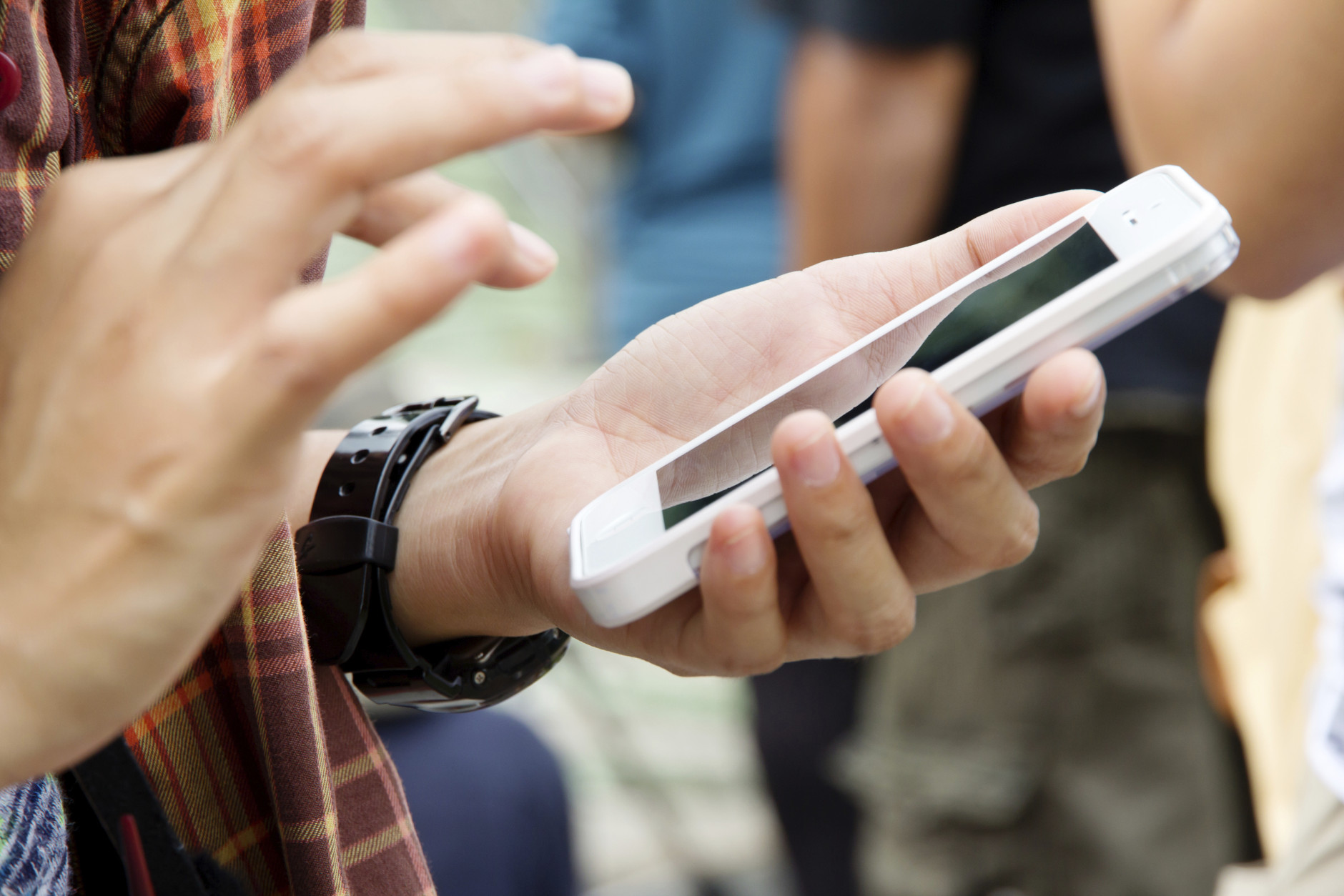



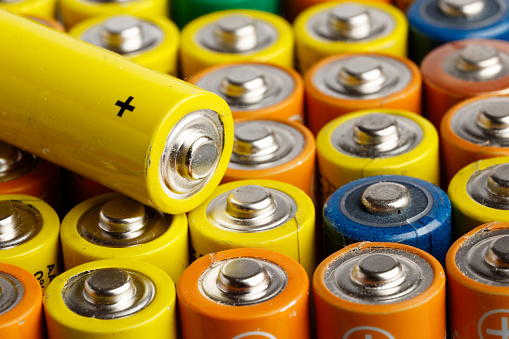
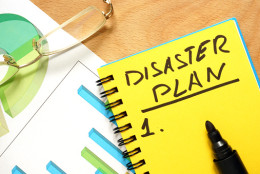
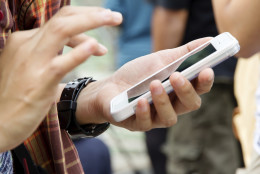



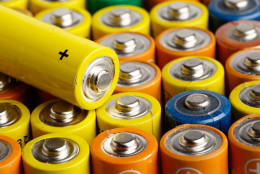
WASHINGTON — Families should have plans for unexpected emergencies that begin with discussions about what could happen and how to respond, experts recommend.
September is National Preparedness Month, and this year’s goal is for everyone to know how to respond to scenarios such as a house fire, earthquake, hurricane, active shooter or terrorist attack.
“You never can be over prepared,” said Alexandria Fire Department spokesman Rick Muse Jr., who also works with emergency management. “You need to talk to your kids and say, ‘If this happens, this is what we should do, or this is what we’re going to do, this is who we’re going to call, this is what we’re going to grab and this is where we’re going to meet.’”
Families should choose a person to contact out of town who can let everyone know who has checked in and if everyone is OK. During an emergency, text messages may go through when phone calls cannot.
Family members should know when to go to a predesignated friend’s house, meet at a designated place outside the neighborhood or shelter in place.
If an emergency should happen during the school day, for example, parents should be confident children are safe at school.
“Schools are capable of holding kids. The parents don’t have to put themselves at risk and end up in a traffic jam that goes nowhere,” said David Snyder of the National Capital Region Emergency Preparedness Council.
To respond to or prevent man-made emergencies, Snyder offered “See Something, Say Something” tips and advice for responding in an active-shooter situation in a statement posted to the Fairfax County emergency information website in June.
In the event of infrastructure or natural disasters or issues, such as snows storms, experts said people should create emergency kits.
Supplies to have on hand
- Portable radio: If power goes out, radio will be your lifeline. Preset radios to 103.5 FM. In Virginia south of the Beltway, preset 107.7 FM. In Frederick, Maryland, preset your radio to 103.9 FM. The frequency 103.5 FM works fine just about everywhere else. You also can listen to WTOP on the telephone at 202-380-9977 or at WTOP.com.
- Extra food: Stock foods that don’t require cooking or refrigeration. Have at least a three-day supply.
- Bottled water: Have one gallon of water per person per day for at least three days for drinking and sanitation.
- Prescription medicines: Fill any you may need ahead of time.
- Extra baby supplies — diapers, formula, etc.
- First-aid supplies
- Flashlights
- Batteries
- Manual can opener
- Extra blankets
- Cash
- Whistle, in case you need to signal for help
Around the house
- Keep your cellphone charged.
- Make a list of emergency phone numbers.
- Check batteries in your smoke detectors and flashlights.
- Have extra batteries on hand.
- Refrain from calling 911 or other emergency services unless it is a true emergency or life-threatening situation.
- Make sure to check on neighbors who are older or may need help.
- Verify your account information on file with your electric utility.
- Have your utility phone number handy in case the power goes out.
Other home tips
- Don’t try to remove tree branches from a power line.
- Treat fallen wires as if they are energized.
- If the power goes out and you use a portable generator, always keep it outside — away from doors and windows — to prevent carbon monoxide fumes from coming inside.
Car emergency kit supplies
Make sure your car has an emergency kit. Here’s what AAA recommends:
- Keep a reasonably full gas tank.
- Cellphone
- Blankets/sleeping bags
- Flashlight with extra batteries
- First-aid kit
- Drinking water
- Jumper cables
- Tool kit
- Flares or orange triangles
- Knife
- Towels
- High calorie, nonperishable food
Road condition information
Follow @WTOPTraffic on Twitter for up-to-the-minute traffic conditions, or check local road conditions and traffic cameras.
“Particularly this month, people should focus on, ‘Do they have a plan?'” Snyder said. “We really need the cooperation of the public.”








